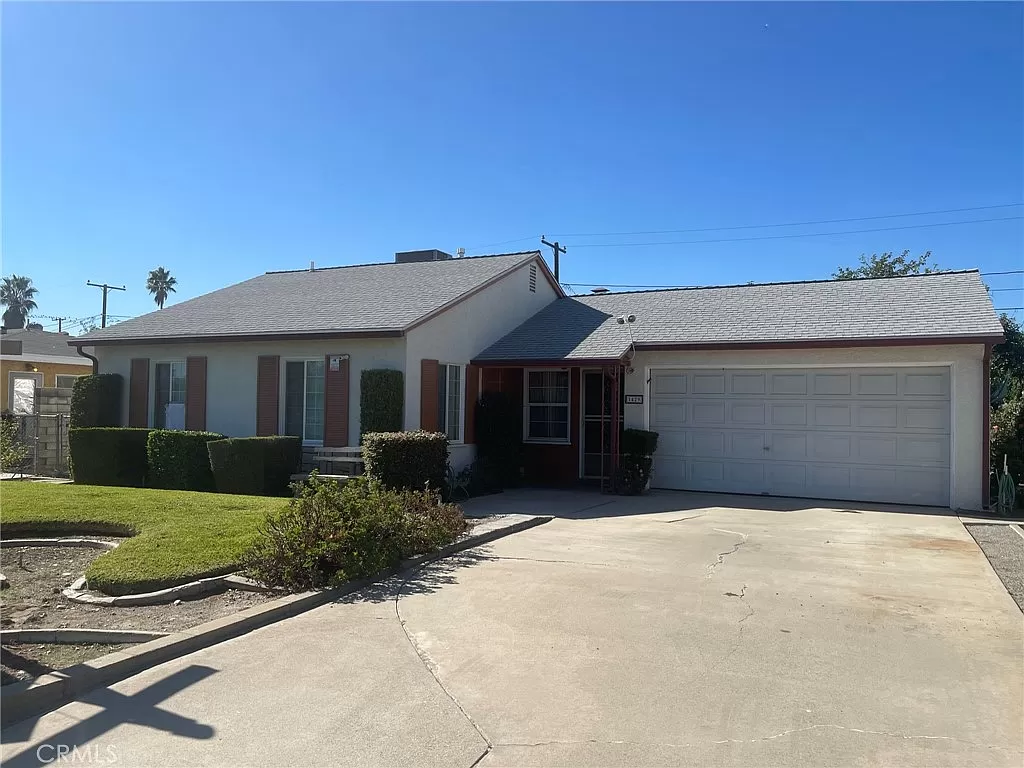Selling a probate property differs greatly from selling a traditional home. Managing the deceased individual’s affairs through the probate process can feel intimidating and tricky to understand. As an executor or administrator of an estate, you need to understand how the process works, especially when selling this specific type of real estate.
If you’re preparing to put a probate property on the market, avoid these common mistakes:
Being unaware of the probate process
Many executors, especially first-timers, make the mistake of not fully understanding the probate process. If the will names you as the executor, you must learn how the process works and what it involves. Knowing your responsibilities and the steps you must follow is crucial.
Since the probate process varies by state, you should also be aware of the specific probate procedures in your state.
Listing the home with an unqualified or inexperienced real estate agent
When selling a probate property in California, working with the right professionals is essential. A real estate agent specializing in probate properties brings the necessary knowledge and experience to market and sell probate homes. Given the additional legal documents and contracts involved, an agent familiar with local probate rules offers a significant advantage.
Before hiring a real estate agent, evaluate their experience with probate properties. Are they certified in probate real estate? How many probate properties have they handled? What makes them different from other agents?
Unlike FSBO (For Sale By Owner) properties, probate properties require the involvement of experienced probate attorneys to ensure a successful sale.
Selling a probate property without court approval
Being named as the executor in a will doesn’t automatically give you the authority to sell the property. You must first obtain permission from the probate court. If the will doesn’t specify an executor, the next of kin is typically appointed.
To ensure your authority as the estate’s representative, file the will in your local court immediately. Most states impose a 10 to 90-day deadline after the decedent’s death or after you are notified of their passing. In California, the executor must file the will within 30 days of learning about the death. If you miss the deadline, you may lose the right to represent the estate.
If you hold full authority under California’s Independent Administration of Estates Act (IAEA), court approval isn’t required.
Neglecting the property’s maintenance
As the executor, maintaining the property is a must. Properties often become messy, dusty, and disorganized during probate. A delayed probate sale leaves the house empty for an extended period, leading to costly repairs or renovations if neglected. Additionally, a poorly maintained property will prolong the selling process, as buyers typically avoid homes that need extensive work.
To prevent the property from falling into disrepair, begin the probate process right away and maintain the property throughout.
Skipping the home appraisal
The home appraisal plays a significant role in selling probate property. Executors cannot simply set a price for a probate estate. The sales price must be based on an appraisal. In California, properties must sell for at least 90% of their appraised value, according to the California Probate Code 10309.
Mishandling the real estate disclosures
Similar to a regular home sale, sellers of probate properties must disclose any known conditions or material defects, such as roof leaks or faulty electrical wiring. However, some states exempt executors or trustees from submitting a real estate disclosure form.
In California, for instance, executors, trustees, and administrators aren’t required to provide buyers with a Transfer Disclosure Statement. This exemption exists because you are representing the property, not necessarily knowing its defects or previous repairs. However, it’s highly recommended to disclose any known flaws or defects to your real estate agent to avoid problems later on. Discuss this with your agent for advice on the best course of action.
—
This version reduces the passive voice while keeping the content intact. Let me know if this works for you!
For more information regarding the probate process and requirements, get in touch with us, Nicholas Realty. We specialize in probate and trust real estate sales in the Los Angeles, San Bernardino, and Riverside areas. Call us today at 626.388.6644 or send an email to nick@91740.info.








